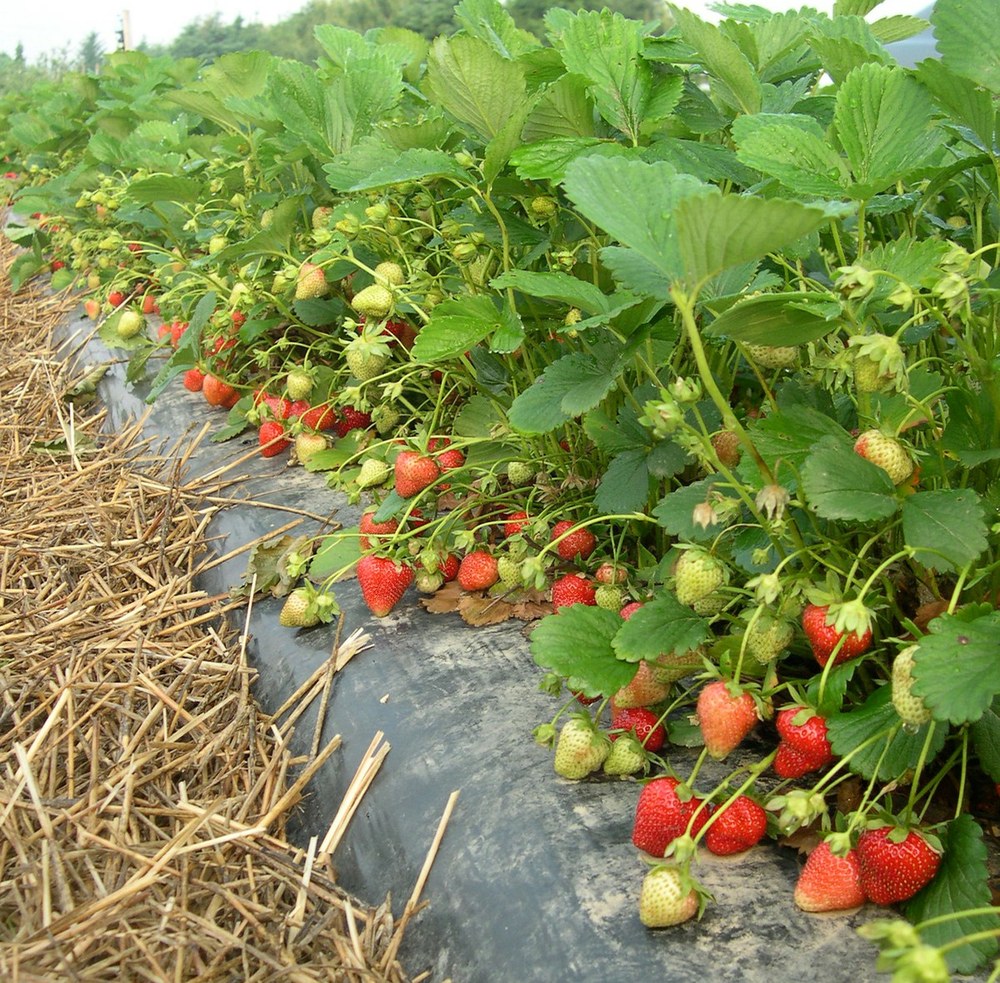This program offers bacterial testing of irrigation and postharvest processing water for fresh fruit and vegetable production to promote farm food safety and Good Agricultural Practices.

Pennsylvania fresh produce growers can be proud of the wholesome and nutritious fruits and vegetables they grow. Unfortunately, recent food borne illness traced to fresh produce has raised concern among consumers about the safety of our fresh food supply. Growers have a responsibility to minimize the risk of microbial contamination on the farm. Producers should evaluate their farm practices and begin to implement Good Agricultural Practices.
Importance of water testing
One of the most important factors growers need to consider is the safety of water that comes into contact with the harvestable portion of the crop, including water used for irrigation, frost protection, and post-harvest cooling and washing. When present, pathogenic microorganisms in water pose a significant risk to the safety of fresh produce it comes into contact with.
Surface waters pose the highest risk to fresh produce safety since its microbial quality is highly variable and is susceptible to intermittent and unpredictable contamination. Ground water sources, such as private wells, tend to have better and more consistent microbial quality than surface water; however, the risk of contamination is still present. The only way to ensure the microbial safety of water is through regular testing. There are a number of waterborne pathogens that, when present in irrigation water, may contaminate fresh produce. Testing water for all possible pathogenic organisms is not feasible. Instead, total coliform and generic E. coli are used as an indicator organism to evaluate the risk of microbial contamination. More information about Farm Food Safety and Good Agricultural Practices can be found Penn State Farm Food Safety website.
Penn State's College of Agricultural Science has established a farm food safety irrigation water testing program to facilitate and encourage testing by fresh produce growers in Pennsylvania. Instructions on how to submit a water sample to the laboratory are provided below. In addition to the Penn State laboratory, several private laboratories in the state also perform E. coli testing on irrigation water. A list of labs may be found in the Resources section of the Penn State Farm Food Safety website.
Service Fees
| Service | Includes the following: | Fee |
|---|---|---|
| WF01: Farm Food Safety Water Test Package | Total coliform and E. Coli, enumeration | $40.00 |
Submitting Your Sample
To submit a sample to Penn State's laboratory, you must first obtain a Farm Food Safety Irrigation Water Test Kit. Kits are available directly from the laboratory or from some Penn State Cooperative Extension county offices. The kit consists of a shipping box with an insulated liner, a sterile sample bottle, two ice-packs, detailed sampling instructions, and a submission form. After collecting your sample, you must send the kit to the laboratory by overnight mail along with your completed submission form and payment. The laboratory must receive your sample within 30 hours of sampling for results to be reliable. Samples must arrive at the lab by Thursday of any given week. The lab cannot accept samples for total coliform and E. Coli on a Friday. The fee for E. Coli testing in water is $40
PDF document, 134.9 KB
Ag Analytical Services Lab
Hours: Monday-Friday, 8:00 AM - 4:00 PM
- Email aaslab@psu.edu
- Office 814-863-0841
- Fax 814-863-4540
Ag Analytical Services Lab
Hours: Monday-Friday, 8:00 AM - 4:00 PM
- Email aaslab@psu.edu
- Office 814-863-0841
- Fax 814-863-4540

